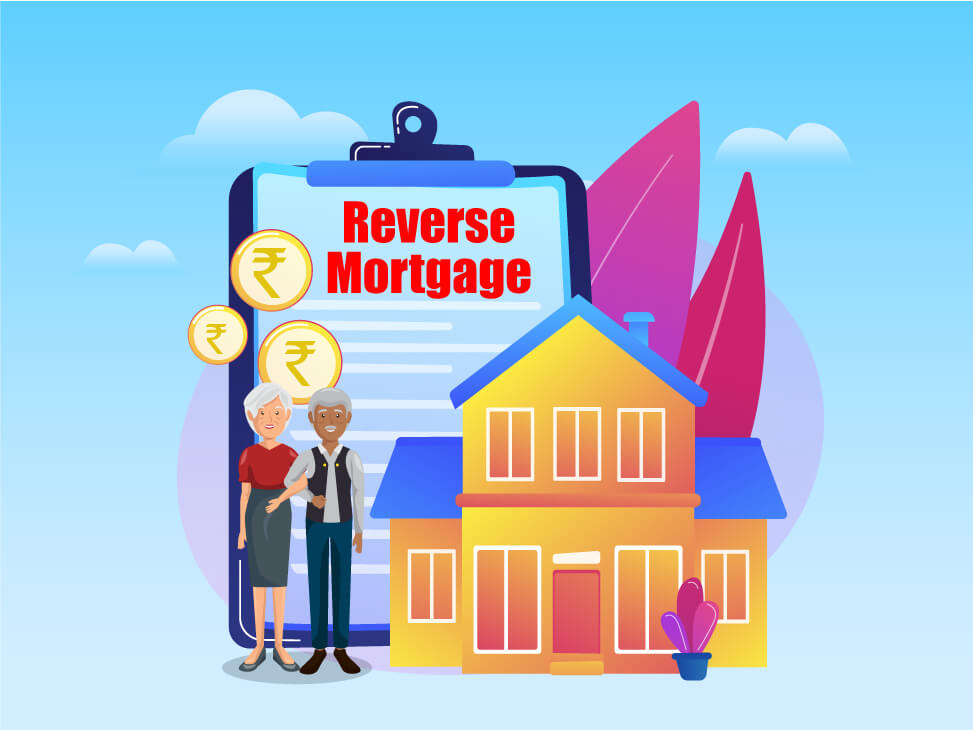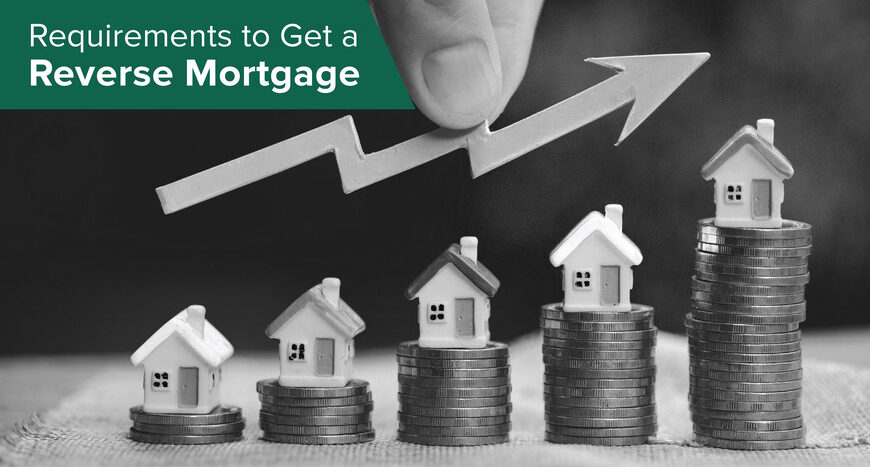Unlock Financial Liberty: Your Overview to Purchasing a Reverse Mortgage
Recognizing the details of reverse home mortgages is necessary for home owners aged 62 and older seeking monetary liberty. This special monetary instrument enables senior citizens to leverage their home equity, transforming it into available money for different demands, from medical care to lifestyle improvements. Nonetheless, browsing the eligibility advantages, prices, and requirements can be intricate. As you consider this option, it is critical to understand not just how it works however likewise the implications it may have on your monetary future. What are the vital factors you should weigh prior to making such an impactful choice?
What Is a Reverse Home Loan?

The fundamental charm of a reverse home mortgage lies in its prospective to boost financial versatility throughout retirement. Property owners can make use of the funds for various functions, consisting of clinical expenses, home enhancements, or daily living prices, thus offering a safeguard during a critical point of life.
It is necessary to recognize that while a reverse mortgage allows for boosted capital, it also decreases the equity in the home gradually. As passion gathers on the outstanding funding equilibrium, it is essential for potential customers to very carefully consider their lasting economic strategies. Consulting with a reverse home loan or a monetary consultant expert can offer useful understandings right into whether this alternative straightens with a person's economic objectives and circumstances.
Qualification Requirements
Comprehending the eligibility demands for a reverse home mortgage is essential for homeowners considering this financial option. To qualify, applicants must be at the very least 62 years old, as this age criterion permits senior citizens to gain access to home equity without regular monthly home mortgage repayments. In addition, the house owner must inhabit the home as their main dwelling, which can include single-family homes, particular condos, and produced homes satisfying details standards.
Equity in the home is an additional crucial need; house owners usually require to have a significant amount of equity, which can be identified with an evaluation. The quantity of equity readily available will straight affect the reverse mortgage amount. Additionally, applicants need to show the capacity to keep the home, including covering real estate tax, homeowners insurance, and maintenance costs, ensuring the property remains in excellent condition.
Furthermore, prospective borrowers have to undertake a monetary assessment to evaluate their earnings, credit rating, and overall monetary scenario. This analysis helps loan providers determine the applicant's capability to fulfill ongoing responsibilities related to the building. Fulfilling these needs is crucial for protecting a reverse home mortgage and making certain a smooth monetary shift.
Advantages of Reverse Home Loans
Many advantages make reverse home mortgages an enticing alternative for elders looking to enhance their financial flexibility. purchase reverse mortgage. Among the key benefits is the capacity to transform home equity right into money without the requirement for regular monthly home loan repayments. This function allows seniors to access funds for numerous demands, such as clinical costs, home enhancements, or daily living costs, thereby reducing financial stress
In addition, reverse home mortgages supply a safeguard; seniors can proceed to stay in their homes for as long as they meet the lending requirements, cultivating security during retirement. The profits from a reverse home loan can also be used to postpone Social Safety and security benefits, possibly leading to higher payments later.
Furthermore, reverse home mortgages are non-recourse financings, suggesting that customers will never ever owe greater than the home's value at the time of sale, shielding them and their beneficiaries from financial responsibility. Last but not least, the funds gotten from a reverse mortgage are usually tax-free, adding an additional layer of monetary relief. In general, these advantages setting reverse home loans as a practical solution for elders seeking to improve their economic circumstance while maintaining their treasured home environment.

Costs and expenses Entailed
When thinking about a reverse home mortgage, it's necessary to recognize the different costs and costs that can impact the general economic picture. Understanding these expenses is vital for making an educated choice concerning whether this financial product is right for you.
One of the primary costs associated with a reverse mortgage is the origination charge, which can vary by loan provider however normally varies from 0.5% to 2% of the home's evaluated worth. In addition, home owners should anticipate closing costs, which may include title insurance coverage, assessment costs, and credit history report fees, usually totaling up to a number of thousand bucks.
An additional substantial cost is home loan insurance coverage premiums (MIP), which safeguard the lender against losses. This fee is generally 2% of the home's worth at closing, with a continuous yearly costs of 0.5% of the staying finance balance.
Lastly, it is necessary to consider recurring prices, such as property tax obligations, home owner's insurance, and maintenance, as the customer remains accountable for these expenses. By carefully evaluating these charges and costs, home owners can much better evaluate the financial ramifications of going after a reverse mortgage.
Actions to Get Begun
Beginning with a reverse home loan entails several crucial actions that can help enhance the process and guarantee you make informed decisions. Initially, examine your financial scenario and establish if a reverse home mortgage aligns click now with your lasting goals. This includes evaluating your home equity, present financial debts, and the necessity for additional earnings.
Following, research study numerous lending institutions and their offerings. Look for learn the facts here now trustworthy institutions with positive reviews, transparent fee structures, and competitive rates of interest. It's crucial to contrast problems and terms to locate the most effective fit for your needs.
After selecting a lender, you'll need to finish a detailed application process, which generally requires documentation of income, assets, and home details. Take part in a counseling session with a HUD-approved counselor, who will provide understandings right into the effects and duties of a reverse home loan.
Final Thought
In final thought, reverse home loans present a viable option for elders looking for to improve their financial security throughout retirement. By converting home equity right into obtainable funds, house owners aged 62 and older can attend to various financial demands without the stress of regular monthly repayments. Recognizing the details of qualification, benefits, and linked expenses is vital for making informed choices. Mindful consideration and planning can lead to enhanced quality of life, ensuring that retired life years are both safe and satisfying.
Understanding the ins and outs of reverse home loans is essential for home owners aged 62 and older looking for financial liberty.A reverse home mortgage is a monetary product designed mostly for property owners aged 62 and older, permitting them to transform a portion of their home click to read more equity right into cash - purchase reverse mortgage. Consulting with a reverse home loan or a financial consultant professional can supply important insights right into whether this option lines up with a person's economic goals and conditions
Additionally, reverse home loans are non-recourse fundings, implying that consumers will never ever owe even more than the home's worth at the time of sale, protecting them and their successors from monetary responsibility. Overall, these advantages setting reverse mortgages as a useful option for seniors seeking to improve their monetary scenario while maintaining their cherished home atmosphere.